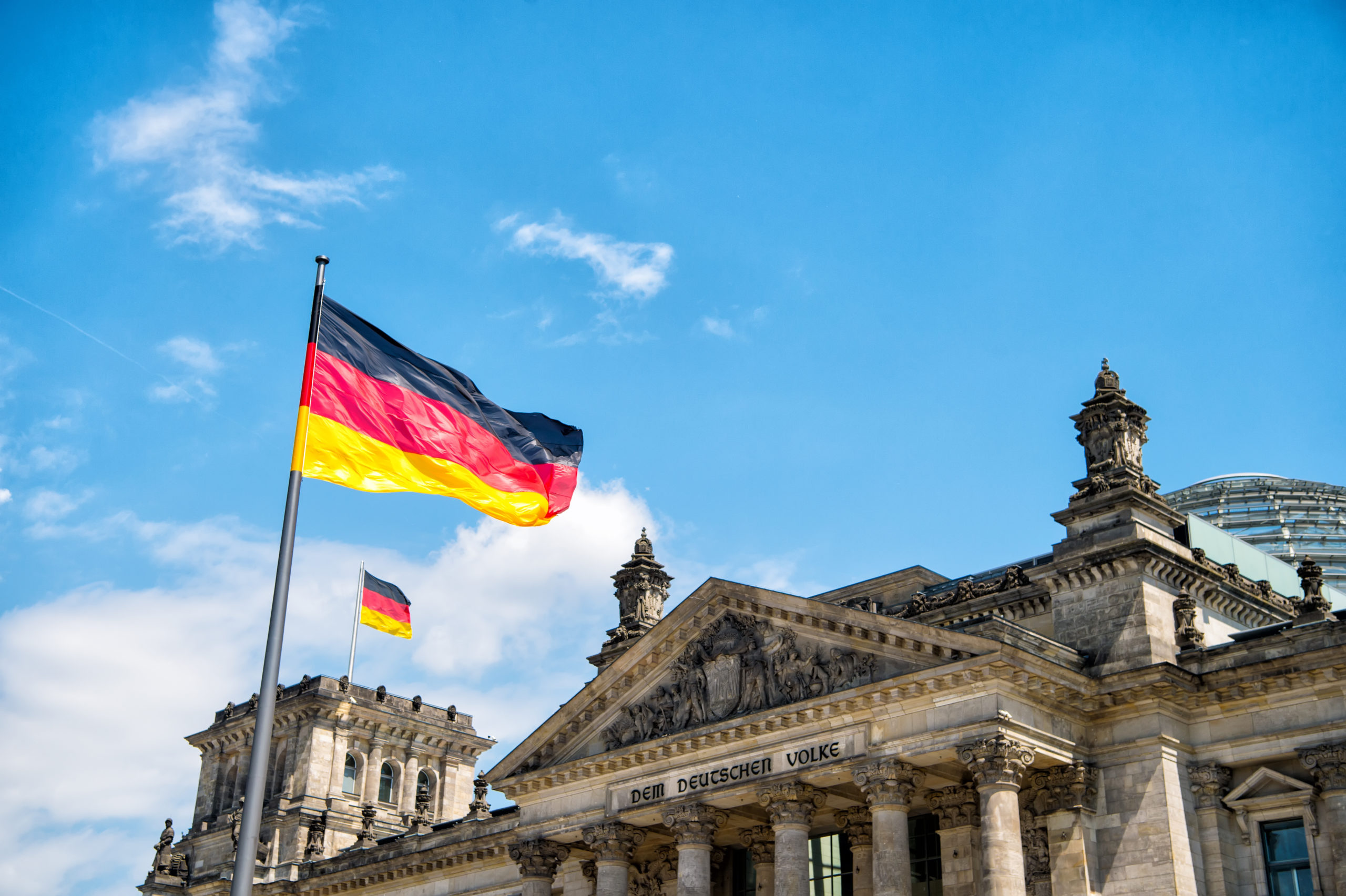

RECOMMENDED READING
Count Germany as the latest country to abandon the market fundamentalism that has characterized economic policymaking in the West for the past 40 years. A recent piece in the Frankfurter Allgemeine featured a public call from Deutsche Bank, urging sweeping state participation in efforts to reconstruct a new car industry fit for the 21st century, advanced digital applications (in areas such as Artificial Intelligence), and healthcare provision.
In essence, DB wants significant state shares in firms, state participation in funds with private venture capitalists, climate change industries, and other “key technologies.” It goes further by arguing that the state is an ideal vehicle to devise programs to sponsor infant industries that ultimately serve the economic interests of those in the market economy. Talk of American and Chinese competition is intrinsic to the new German efforts outlined by the country’s largest bank.
As Professor James Galbraith noted in a recent tribute to his father, John Kenneth Galbraith, “One can now map out the rise and decline of nations simply by distinguishing between those that have continued along the lines that once defined U.S. economic success as Galbraith saw it and those that fell under the spell of illusions about free, competitive, and self-regulating markets and under the dominating power of finance.” Over the last half century, the U.S. clearly fell under those market fundamentalist illusions. J.K. Galbraith, a profoundly important intellectual and policy-making force during much of his working life, ultimately saw his ideas shunned in America. By contrast, while Germany half-heartedly paid lip service to the operation of a fully free market and the corresponding reduction of state involvement in the formulation of economic policy, the truth is that Berlin never fully abandoned the Galbraithian principles implicit in its “social market economy”. This structure entailed, (in the words of Galbraith fils),– “a mixed economy featuring corporations with long time horizons, stable relationships with their bankers and countervailing power” – although it has in more recent times succumbed to the depredations of finance capital, to its vast cost.
It is also the case that the market fundamentalist model never gained a significant foothold in East Asia, especially China, whose firms have focused on market share, learning new technologies, and improvement of the national capital stock. Far better for the U.S. under Biden to emulate aspects of this policy, rather than trying to enforce wholesale conversion to a failed form of neoliberalism, as was the usual economic game plan for much of the past 50 years.
If this is indeed the new way for German policy under Chancellor Angela Merkel’s successor, then it potentially renders Bidenism irrelevant to the extent that the new president simply tries to reconstruct a rules-based order which largely sets out the template for a global economic framework that no longer exists.
It is becoming increasingly clear that there are now three centers of the world economy: North America, Germany/Europe and China/East Asia. India will eventually be a fourth. East Asia, China and India have all certainly benefited from the more open markets and international investment of the past two decades. But they began their fast economic growth well before their fast trade growth and even longer before their trade liberalizations. They have constrained their trade liberalizations by considerations of the capacities of domestic firms to compete against imports, in just the way the 19th century German economist, Friedrich List recommended.
While there are some national developmental aspects to Biden’s “Build Back Better” program (especially in regard to his “Buy American” public procurement policy), his administration is also staffed with several Obama holdovers who want to re-establish a North America-Europe free trade bloc with free market rules that purportedly challenge Beijing and force the Asian mercantilists to change their ways. To the extent that any still embrace this so-called “China Fantasy” articulated by author James Mann, they are barking up the wrong tree. And since there are no real penalties or exclusion for nations that don’t adhere to the World Trade Organization (WTO) playbook, there are very few incentives to induce change among the East Asian nations, who look set to emerge even stronger in a post-pandemic world. Berlin has taken note and is adjusting policy accordingly.
The underlying growth of this new multipolar world order has been obscured to some degree by rabid global hostility to former President Trump and his “America First” program. But actions undertaken by Berlin over the past few months, notably its ongoing efforts to secure natural gas from Russia (in spite of recent calls to expand sanctions on Russia), its disinclination to declare strategic warfare on China’s Huawei, and now its apparent renewed embrace of a Listian/Galbraithian national development model that flies in the face of the so-called “Washington Consensus”, suggest that there is no going back to an America-dominated status quo ante. And if Greater Germany, along with China goes mercantilist, then we must as well.
We need to build up our bloc to balance Greater China and Greater Germany (economically, not militarily). NAFTA plus the Anglosphere (CANZUK + seems a logical stepping stone, given the pre-existing “Five Eyes” security relationship), along with a special relationship with India. In the short term, the U.S. should also seek to sustain existing strong ties with Tokyo and Seoul. But given China’s emergence as the main economic locus of Asia this is likely to prove unsustainable in the long term.
The main point from a U.S. perspective is that “Build Back Better” should not entail recreating an economy for the 1960s, but rather focusing state developmental energies toward 21st century leading edge industries. And, yes, that will include a component of manufacturing, rather than outsourcing it to America’s leading global competitors on the basis of a silly “downsize and distribute” model that has proved disastrous for the U.S.
After all, there is no point in playing checkers, if everyone else in the world is playing chess.
Recommended Reading
Workers of the World
Few Americans realize how our system of organized labor is an outlier among Western nations. In some European countries, unions attract a greater share of workers and maintain less adversarial relationships with business. A better understanding of these alternative models can guide American policymakers as they address our labor policy challenges.
How Judy Shelton’s Call for a New Bretton Woods Duped Pro-Worker Conservatives
The 1990s called. They want Judy Shelton’s bankrupt ideology back.
Is There a Way of Doing Bipartisan National Industrial Policy?
The likely configuration of the new Senate represents a potential obstacle toward some of the grander Democratic Party policy visions outlined in President-elect Biden’s program.













